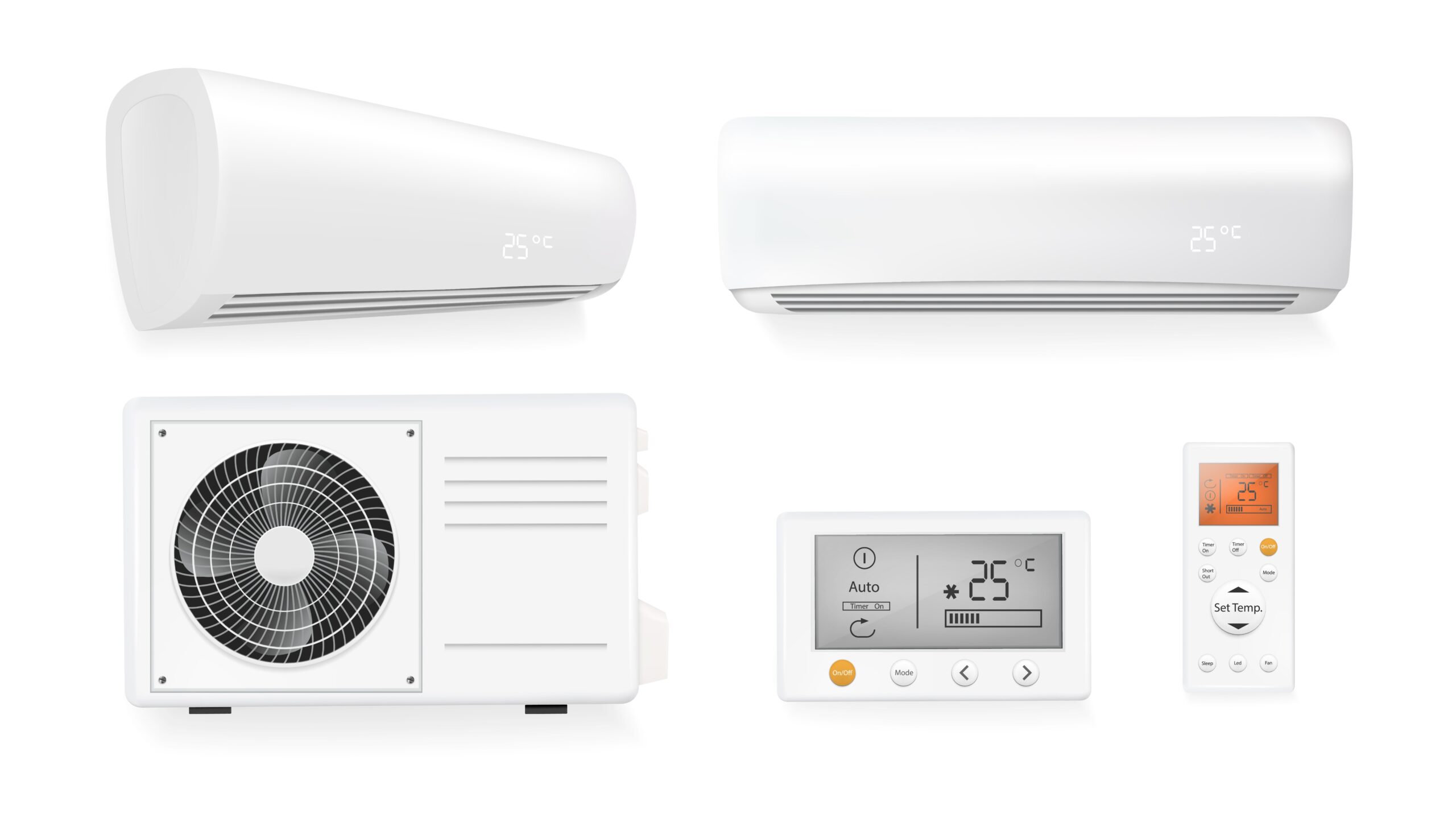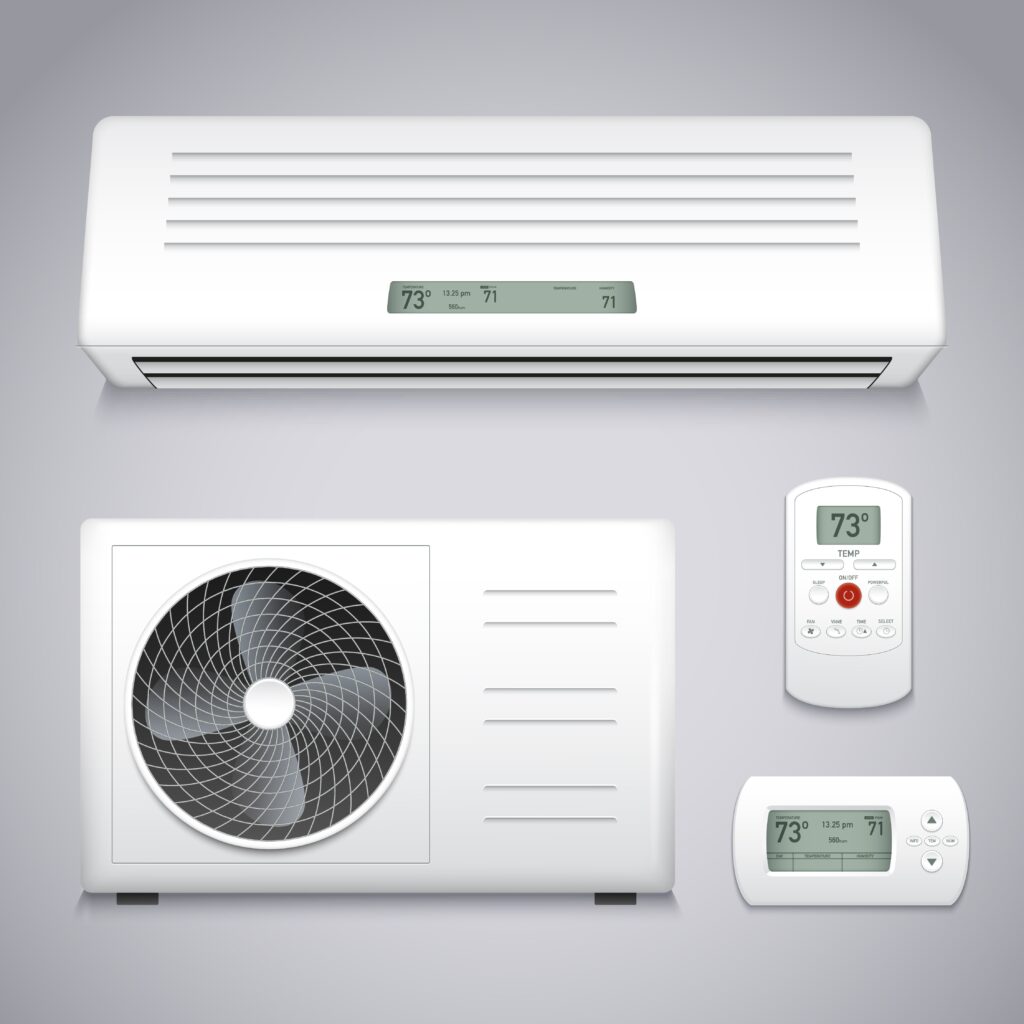That air conditioning unit of yours certainly keeps things comfortable on a sweltering summer day, but hey, you ever wonder what exactly is buzzing behind the scenes? Your cooling system’s AC coils are the core of the unit, so this is where heat exchange takes place and your home is kept comfortable. If you’re someone who owns a home or just wants to learn more about how to keep your AC working properly, we’ll guide you through all that you need to know about AC coils from what they do to how to take care of them.
Thank you for reading this post, don't forget to subscribe!What Are AC Coils and Why Do You Need Them?
What They Are: AC Coils System Basics AC coils are one of the more fundamental components of any air conditioning system. They work by absorbing heat from the room and releasing cool air back into the room. If your coils aren’t working they way they’re supposed to, your AC system may not be able to cool your home as it should, which could result in inflated energy bills and an uncomfortable home.
There are essentially 2 different types of AC coils in your system:
- The evaporator coils extract heat from the air inside the home.
- Those compressors generate heat when they compress the refrigerant, and the heat is released outside by the condenser coils.
These two parts work together to make sure your cooling system runs efficiently and smoothly.
AC Coils: What Are They?
-
Evaporator Coils
The evaporator coils are housed inside your residence, within your air handler or furnace. They contain the cold refrigerant that soaks up heat from indoor air. When the heated air flows over the coils, it gives up its heat and is cooled before being distributed back into your home. If your evaporator coils aren’t clean and in working order, your AC won’t be able to cool the air properly.
-
Condenser Coils
Condensing coils are in the outside unit of your AC system. They remove heat absorbed by the refrigerant outside. When the heat is removed from the refrigerant it becomes cold again and returns to the evaporator where the whole cycle will begin again. The coils can be coated in dust or damaged, and if they cannot exchange heat properly, cooling performance will deteriorate, and your system will need to work harder to achieve the same results.
Common Problems and Issues with RAAF and AC Coils
As with anything mechanical, AC coils are not immune from the ravages of time. Here are a few other common problems to avoid:
- Dirty Coils: Dust and dirt can collect on your coils, inhibiting its ability to transfer heat.
- Refrigerant Leaks: A refrigerant leak is probably the most commonly identified problem that will ultimately lead to the blockage of your coils as the air can’t move through.
- Frozen Coils: If the evaporator coils get too cold due to poor airflow or low refrigerant, they can freeze, which causes the system to shut down completely.
- Corrosion: When the coils are never covered and are at risk of outdoor elements, the coils will be a magnet for corrosion which can deteriorate the material and efficiency.
Taking care of such problems in a timely matter shall help prevent expensive repairs in the future.
How to Extend the Life of Your AC Coils Maintenance Tips
The best way to make sure your AC coils last as long as possible is through regular maintenance. Here’s how to help them live a little longer:
- Clean the Coils: Both dust and dirt are insulators, meaning that coils have to work even harder to transfer heat. A soft-bristled brush or a commercial coil cleaner should be used on a regular schedule.
- Replace Your Air Filter: A dirty filter can impair airflow, and result in coils that work too hard and might freeze as a result.
- Look for Refrigerant Levels: Low refrigerant levels could be a sign of a leak. If this is something that you are concerned about, monitor performance changes and test with a professional if necessary.
- Cut Back Outdoor Clutter: For condenser coils, it is important to keep the space around your outdoor unit free from plants and other greenery or debris.
- Make Tune-Ups Routine: Periodic professional inspections can provide early notice of problems.

Do it yourself vs. Pro AC Coil Cleaning and Repairs
There are some jobs homeowners can tackle, but others are best left to the pros.
DIY Coil Maintenance
- Cleaning dust and debris.
- Installing new air filters.
- Maintaining adequate air flow and not blocking any vents.
When to Call a Professional
- For refrigerant leaks/refilling.
- Or if you spot ice on the coils or experience mysterious spikes in your energy bill.
- To resolve long-term poor cooling or an abnormal noise.
Trying to do complex repairs without the right expertise can end up causing even more harm to your system, so hire a professional if necessary.
When to Replace Your AC Coil
At times, no matter how hard we may try to clean or repair our AC coils, it just doesn’t cut it and you’ll need a good replacement. Here are some obvious warning signs to look out for:
- Chronic leaks of refrigerant that cannot be fixed.
- Severe corrosion affecting the coil integrity.
- Sold at least 2 or 3 of these things for $3k each while coils were “frozen” but air flow seemed ok and the r410/r22 level was normal.
- Much higher cooling inefficiency compared to new after cleaning.
It will be an investment, but it can improve the performance of your system and extend the life of your AC unit.
Factors and Considerations of AC Coil Replacement Costs
The price of replacing AC coils may differ considerably based on the type of coil, the system’s size (tons), local labor rates, and brand of the AC unit. On average:
- Replace an Evaporator Coil- $600 to $1,200.
- Condenser Coil Replacement is an $900 to $2,500 replacement.
Other factors contributing to costs are:
- Replacement Part Brand & Quality.
- The degree of damage (may need additional repairs).
- Labor Rates in Your Area.
Though the units may be expensive, a more efficient system can pay for the investment in the long term in reduced energy consumption.
Selecting the Appropriate AC Coil for Your System
If you decide to change or upgrade the AC coils in your HVAC systems, verify you are purchasing the correct size and configuration (height, width and thickness) so that the coils will fit properly inside of your existing AC systems. Things to consider include:
- Size and type: The size and type of the coil has to fit your unit to work at its best.
- Energy Savings: Consider seeking high-efficiency coils, which can lower energy use while providing more effective cooling.
- Manufacturer Suggestions: Compare your AC’s manual or consult with a professional to choose a coil that fits your system.
I wouldn’t skimp on a quality coil, it would pay for itself and be trouble free in the long run.
Ensuring Your AC is Running Reliably by Maintaining its Coils
Your Air Conditioning Coils are a Vital Part of Keeping Your House Comfortable and Energy Efficient. Provide a little TLC for your coils, keep up with maintenance, and get them fixed quickly and you can save a bundle by prolonging the life of the coils and avoiding them turning into expensive replacements. Whether you clean your filters or get them cleaned professionally, it pays to be proactive because if you have a clean system you’ll have years of hassle-free working.
Would you like to find out more about how to take care of your AC or to look for the proper coils for your system? Get in touch with a good HVAC contractor in your area today who will help you tackle your air conditioning requirements.



